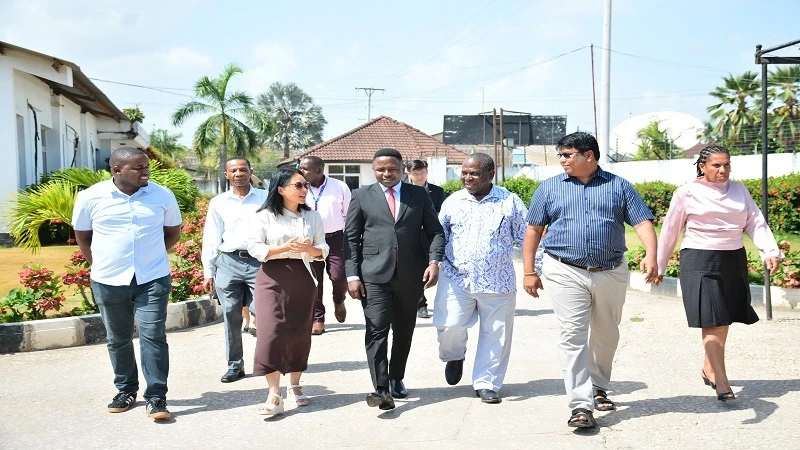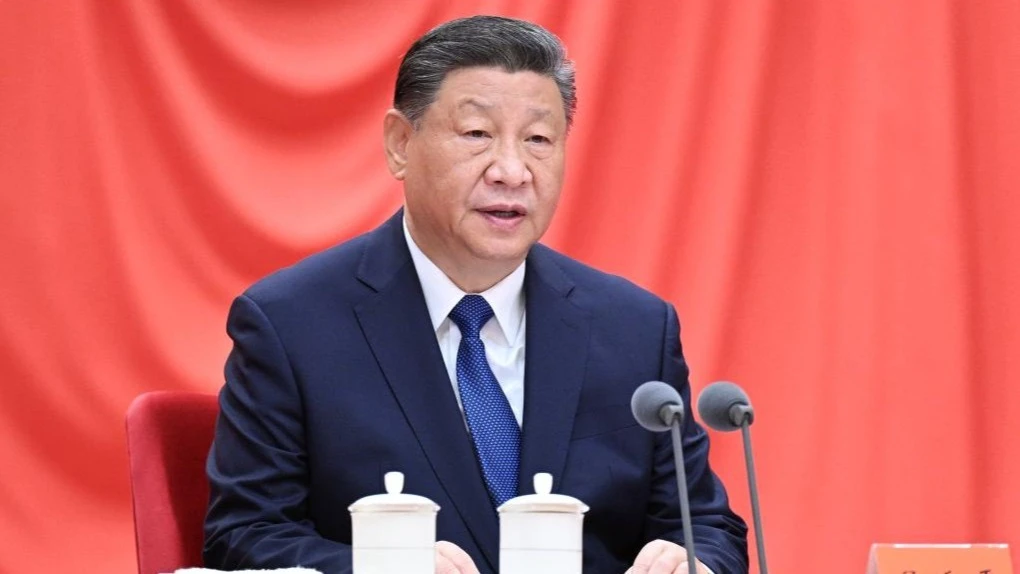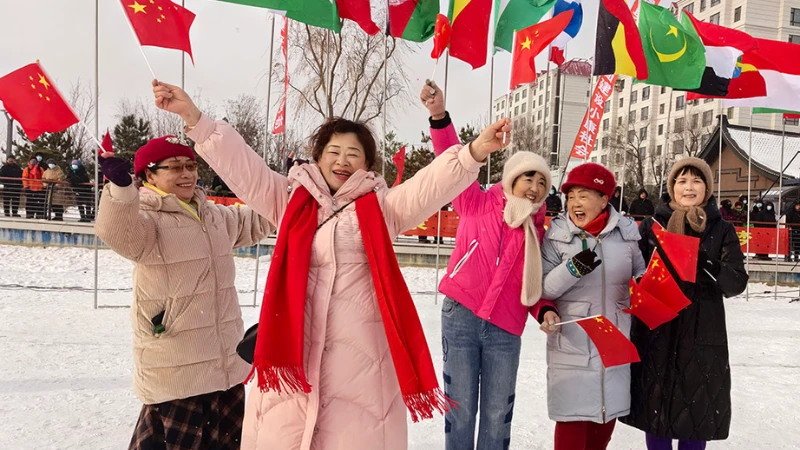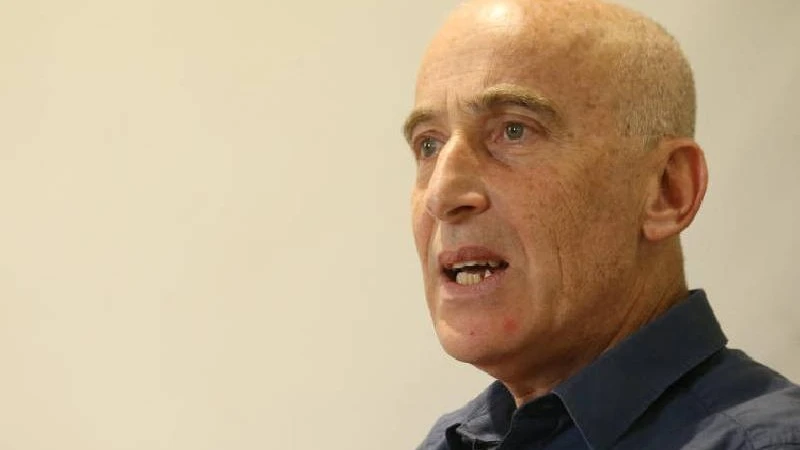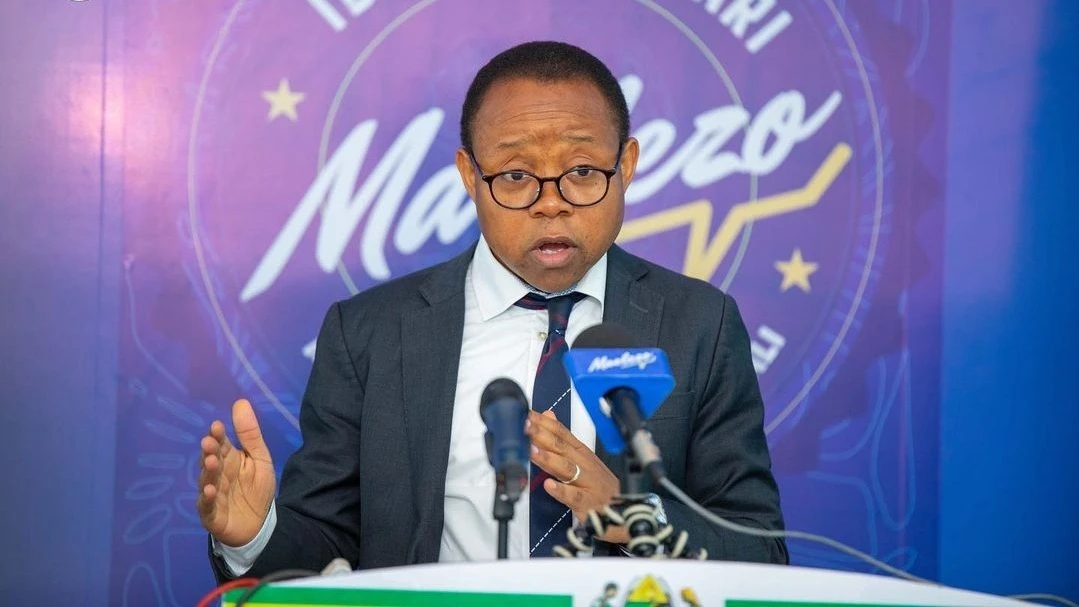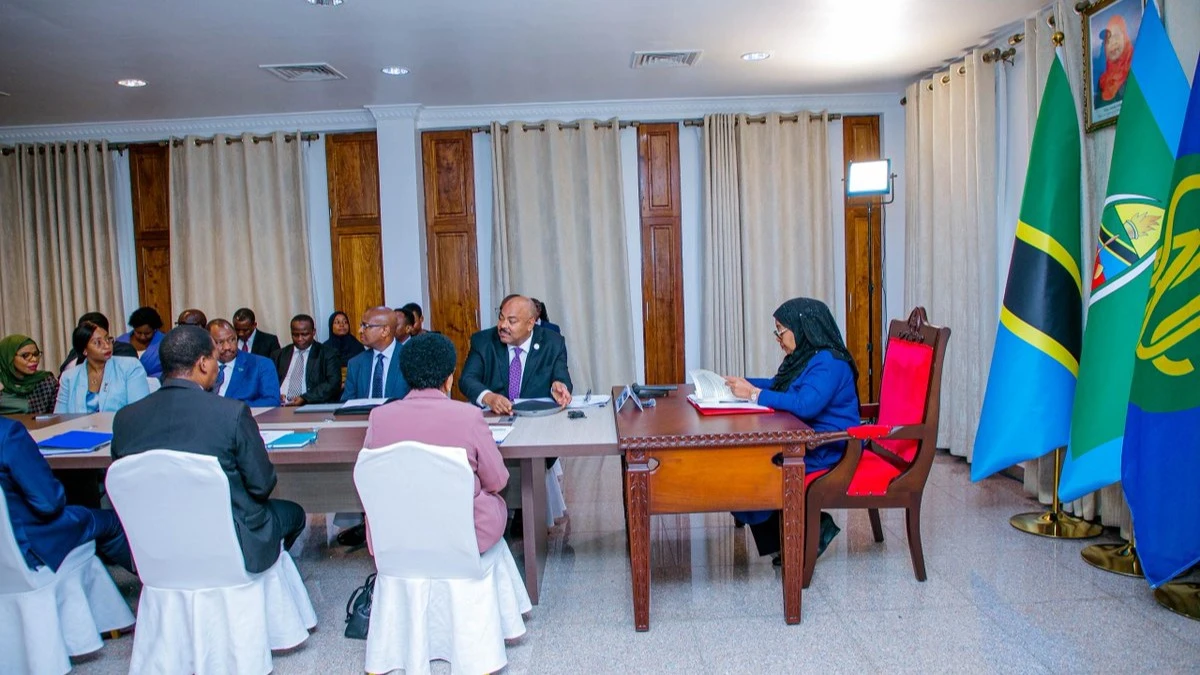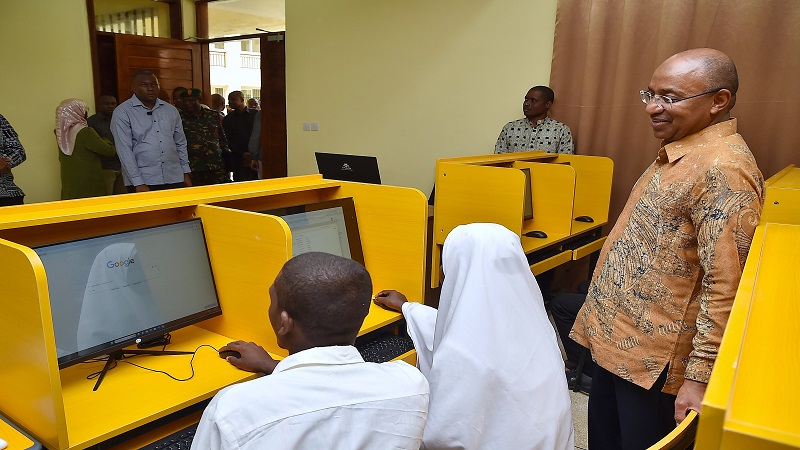Three decades of progress: Reflecting Tanzania’s journey since adoption of the Beijing Declaration
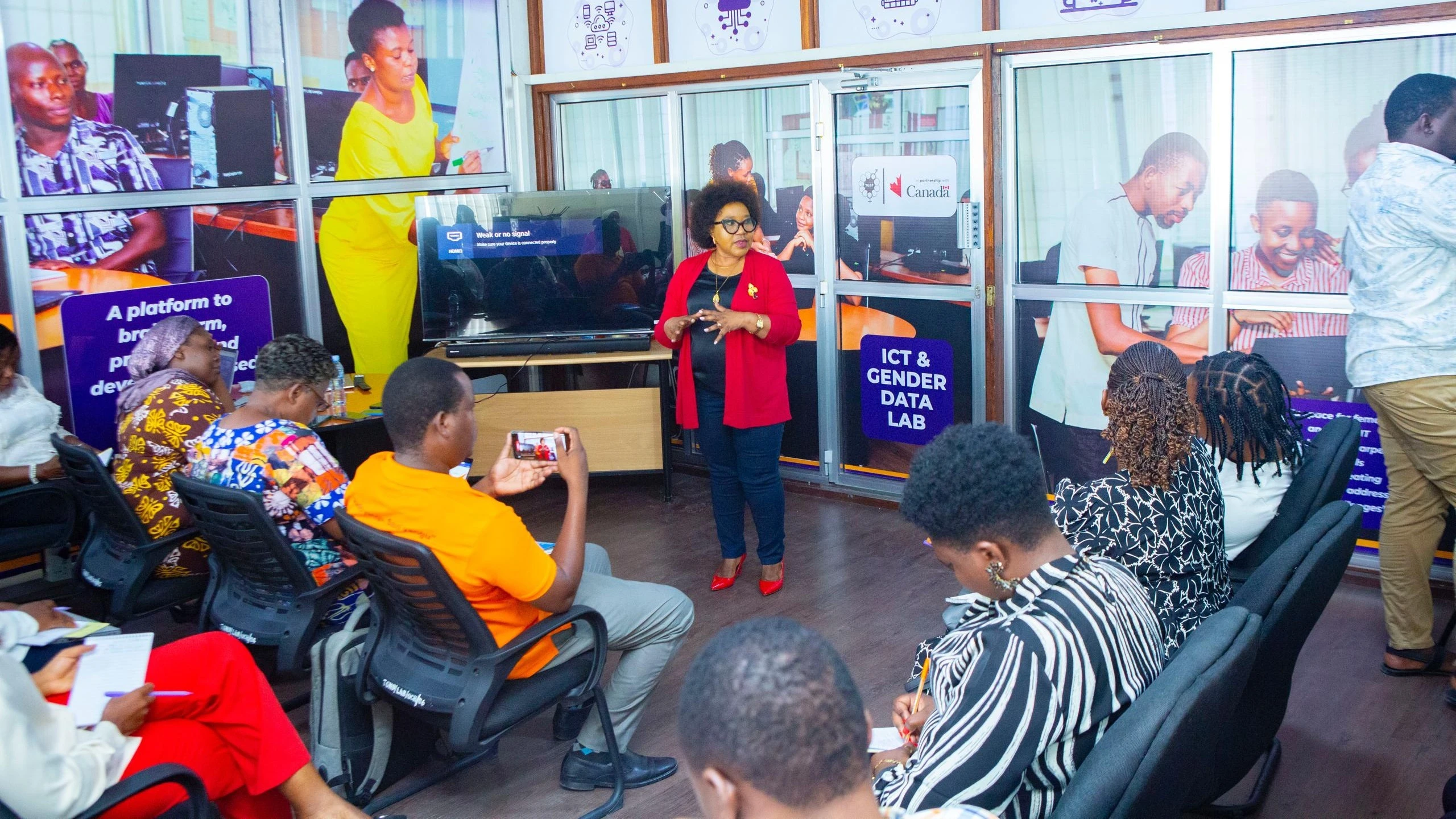
AS Tanzania and the global community gear up to celebrate 30 years since the adoption of the Beijing Declaration and Platform for Action, the Tanzania Gender Networking Programme (TGNP) is reflecting on the nation’s achievements in advancing the rights of girls and women.
This milestone offers an opportunity to assess the progress made and challenges ahead in the pursuit of gender equality.
The 1995 Fourth World Conference on Women in Beijing marked a turning point for gender equality, laying out 12 critical areas for global action. In Tanzania, this framework was complemented by the country’s Vision 2025, a strategic development plan that has been instrumental in implementing many of the commitments outlined in the Beijing Platform for Action.
A roadmap for change
The Beijing Conference identified key areas requiring urgent attention, including poverty, education and training, health, violence against women, armed conflict, economic participation, power and decision-making, institutional mechanisms for women’s advancement, human rights, media representation, environmental issues, and the girl-child.
These priorities have guided Tanzania’s efforts to improve the status of women and girls over the past three decades.
Lilian Liundi, TGNP’s Executive Director had recently highlighted the significance of the Beijing Conference during a journalist orientation session in Dar es Salaam Region.
“During the Beijing Conference, African delegates played a pivotal role in shaping the global agenda for the girl child,” she said adding: “They brought unique challenges faced by girls in Africa into sharp focus, highlighting critical issues such as limited access to education, the prevalence of early and forced marriages, and the impact of poverty on young girls.”
She emphasized that African leaders successfully pushed for the inclusion of the girl child as a priority in the Beijing Platform for Action, recognizing that addressing the barriers faced by girls was essential to achieving broader gender equality.
Gertrude Mongella, who was the Secretary-General of the Beijing Conference, described her participation as one of the most defining moments of her life.
She stressed the importance of viewing women’s issues through a developmental lens rather than dividing them into categories based on geography or economic status.
“The women’s agenda must transcend distinctions and focus on addressing shared challenges as part of global development,” said Mongella.
She highlighted the contrasts in domestic labour between developed and developing nations. While technology like dishwashers simplifies chores in some regions, others struggle with basic necessities like accessing water.
She argued that these disparities should not overshadow the shared responsibility of addressing gender-based inequalities.
Champions of women’s rights
Mary Rusimbi, a key figure in the preparations for the Beijing Conference, played a crucial role in securing funding for women’s rights organizations, working closely with the Netherlands Embassy.
Her efforts ensured robust participation from Tanzania, marking a significant chapter in the nation’s advocacy for gender equality.
Similarly, Ave Maria Semakafu, formerly a member of the Institute of Development Studies Women in Study Groups, spearheaded coalition-building efforts. As the organizing secretary for the Tanzania Association of Non-Governmental Organisations (TANGO), she coordinated activities at national, regional, and continental levels, focusing particularly on peace and security issues affecting women.
Efforts by these and other African delegates were closely tied to the ‘Bringing Beijing Back Home’ agenda, a framework designed to localize the commitments made in Beijing and ensure their implementation within African nations.
Leticia Mukurasi, an international gender specialist, noted significant progress in Tanzania’s Vision 2050 compared to Vision 2025. “In Vision 2050, reference to gender equality appears from the first page, whereas in Vision 2025, it was introduced much later,” she explained. “This shift shows a growing recognition of the need to address gender disparities as a priority.”
She also pointed to tangible achievements, such as a reduction in maternal mortality rates from 602 to 104 per 100,000 live births and increased school attendance among girls. However, challenges remain, particularly in eradicating early marriages and ensuring equal access to opportunities.
Global framework for action
Before the Beijing Conference, three major global women’s conferences laid the groundwork for advancing gender equality. The 1975 World Conference on Women in Mexico City produced the “Declaration of Mexico” and a global action plan.
The 1980 conference in Copenhagen emphasized women’s participation in development, while the 1985 Nairobi conference resulted in the “Nairobi Forward-looking Strategies,” setting clear targets for women’s rights.
These efforts culminated in the 1995 Beijing Declaration and Platform for Action, a landmark framework endorsed by 189 countries. As the world celebrates three decades of this transformative agenda, the focus remains on translating commitments into actionable change for women and girls worldwide.
TGNP’s reflections ahead of the Beijing+30 celebrations underscore the need to maintain momentum in the fight for gender equality. By addressing persistent challenges and building on past achievements, Tanzania can continue to serve as a model for progress and commitment to the empowerment of women and girls.
Top Headlines
© 2025 IPPMEDIA.COM. ALL RIGHTS RESERVED











